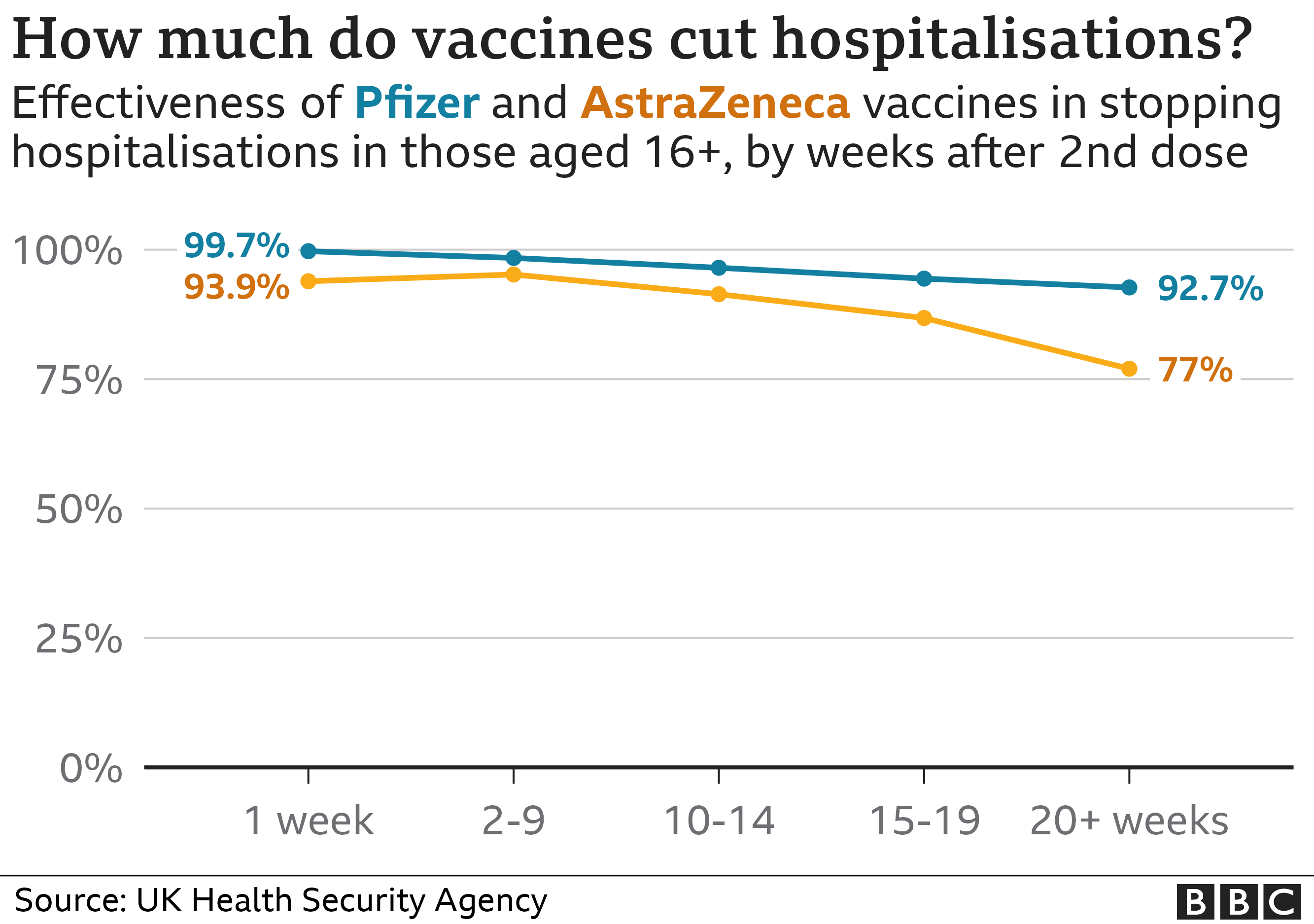GLP-1 Drugs: Expanding Applications Beyond Weight Loss

Table of Contents
GLP-1 Drugs: The Basics and Mechanism of Action
GLP-1 drugs, also known as glucagon-like peptide-1 receptor agonists or incretin mimetics, are a class of medications primarily used to treat type 2 diabetes and manage weight. Their primary mechanism of action involves regulating blood glucose and suppressing appetite. This dual action makes them highly effective in managing metabolic disorders.
- Increased Insulin Secretion: GLP-1 agonists stimulate the pancreas to release insulin, particularly after meals, leading to improved glucose control.
- Decreased Glucagon Secretion: They simultaneously reduce the secretion of glucagon, a hormone that raises blood sugar levels, further contributing to better glycemic control.
- Impact on Gastric Emptying: GLP-1 agonists slow gastric emptying, promoting feelings of fullness and reducing appetite, contributing to weight loss.
Beyond Weight Management: Cardiovascular Benefits of GLP-1 Drugs
Growing evidence strongly suggests that GLP-1 receptor agonists offer significant cardiovascular benefits beyond their impact on glucose and weight. Numerous clinical trials have demonstrated a reduction in cardiovascular disease (CVD) risk, including:
- Reduced Risk of Myocardial Infarction: Studies have shown a lower incidence of heart attacks in patients treated with GLP-1 drugs.
- Improved Heart Failure Outcomes: These medications have demonstrated positive effects on patients with heart failure, improving their overall prognosis.
- Stroke Prevention: Some research suggests a potential role in reducing the risk of stroke.
These cardiovascular benefits are likely due to several mechanisms, including blood pressure regulation, anti-inflammatory effects, and improved endothelial function. For patients with both diabetes and cardiovascular disease, the combined benefits of GLP-1 drugs are particularly significant.
GLP-1 Drugs and Type 2 Diabetes Management: An Enhanced Approach
GLP-1 drugs have established themselves as a cornerstone in the management of type 2 diabetes. They provide superior glycemic control compared to many other treatments by:
- Improving HbA1c Reduction: GLP-1 agonists effectively lower HbA1c levels, a key indicator of long-term blood sugar control.
- Enhanced Insulin Sensitivity: They help improve insulin sensitivity, making the body more responsive to its own insulin production.
- Delaying or Preventing Diabetes Complications: By effectively managing blood sugar levels, GLP-1 drugs help prevent or delay the onset of serious diabetes complications, such as kidney disease, nerve damage, and eye problems.
Different GLP-1 receptor agonists are available, with options ranging from daily injections to once-weekly formulations, offering flexibility in treatment regimens.
Emerging Applications: GLP-1 Drugs in Other Therapeutic Areas
Research is actively exploring the potential of GLP-1 drugs in several other therapeutic areas:
- Non-alcoholic Fatty Liver Disease (NAFLD) and Non-alcoholic Steatohepatitis (NASH): GLP-1 agonists show promise in improving liver health by reducing inflammation and fibrosis in patients with NAFLD and NASH.
- Chronic Kidney Disease (CKD): Studies suggest a potential role in slowing the progression of CKD and improving kidney function.
- Polycystic Ovary Syndrome (PCOS): Some research indicates that GLP-1 drugs may help regulate hormonal imbalances and improve symptoms associated with PCOS.
Safety and Side Effects of GLP-1 Drugs
While generally well-tolerated, GLP-1 drugs can cause side effects, the most common being nausea and vomiting. Pancreatitis, though rare, is a serious potential side effect requiring careful monitoring.
- Managing Side Effects: Most side effects are mild and often manageable by adjusting the dose or using appropriate medications to alleviate symptoms.
- Importance of Monitoring: Regular monitoring by healthcare professionals is crucial to ensure patient safety and promptly address any potential complications.
Conclusion
GLP-1 drugs offer substantial benefits extending beyond their well-established role in weight management. Their impact on cardiovascular health, improved management of type 2 diabetes, and promising applications in other therapeutic areas highlight their importance in modern medicine. To determine if GLP-1 drugs are the right treatment option for you or to discuss your current treatment plan, consult your doctor. Learn more about the latest research on the expanding applications of GLP-1 drugs and their potential to improve your overall health.

Featured Posts
-
 Alcaraz Defeats Sinner Claims Italian Open Title
May 28, 2025
Alcaraz Defeats Sinner Claims Italian Open Title
May 28, 2025 -
 Pvvs Rent Freeze Plan A Controversial Coalition Proposal
May 28, 2025
Pvvs Rent Freeze Plan A Controversial Coalition Proposal
May 28, 2025 -
 Shotgun Wedding Chic Rebecca Blacks Amas 2024 Look
May 28, 2025
Shotgun Wedding Chic Rebecca Blacks Amas 2024 Look
May 28, 2025 -
 Mlb Betting Dodgers Vs Diamondbacks Game Predictions And Odds Analysis
May 28, 2025
Mlb Betting Dodgers Vs Diamondbacks Game Predictions And Odds Analysis
May 28, 2025 -
 The Justin Baldoni Lawsuit Hugh Jackman Takes A Side
May 28, 2025
The Justin Baldoni Lawsuit Hugh Jackman Takes A Side
May 28, 2025
Latest Posts
-
 Covid 19 Vaccines A Potential Defense Against Long Covid
May 29, 2025
Covid 19 Vaccines A Potential Defense Against Long Covid
May 29, 2025 -
 The Impact Of Covid 19 Vaccines On Long Covid Incidence
May 29, 2025
The Impact Of Covid 19 Vaccines On Long Covid Incidence
May 29, 2025 -
 Pcc Community Markets Opens New Downtown Seattle Location
May 29, 2025
Pcc Community Markets Opens New Downtown Seattle Location
May 29, 2025 -
 Reducing Long Covid Risk The Effectiveness Of Covid 19 Vaccines
May 29, 2025
Reducing Long Covid Risk The Effectiveness Of Covid 19 Vaccines
May 29, 2025 -
 Pccs Downtown Seattle Return A New Era Of Grocery Shopping
May 29, 2025
Pccs Downtown Seattle Return A New Era Of Grocery Shopping
May 29, 2025
